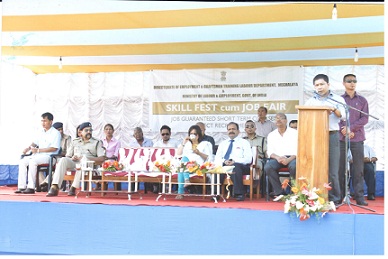
SHILLONG, AUG 15: Youth employment problems continue to pervade the State, with disproportionately large number of young men and women exposed to unemployment or limited to precarious or short-term work. As a result, many drop out of the workforce or fail to enter it successfully in the first place and become inactive. Socially disadvantaged youth are particularly affected, thereby perpetuating a vicious circle of poverty and social exclusion.
The young – even more so than adults – face significant barriers in finding gainful employment or starting a business. Best practice shows that their success depends to a large degree on the extent to which a range of integrated services are available to enhance their employability / assist business start-ups such as skill training / basic entrepreneurship skills training, access to credit and workplace facilities, mentoring, and post-business start-up counselling.
Major challenge of skill development initiatives is also to address the needs of huge population by providing skills in order to make them employable and help them secure ‘decent work’. Skill development for persons working in the unorganized sector is a key strategy in that direction. This will also inculcate dignity of labour and create greater awareness towards environmental, safety and health concerns.
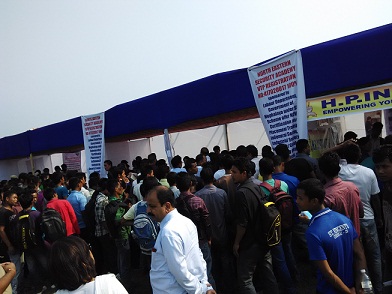
Meghalaya is a small State – employment and income generation depends on agriculture development activities to a great extent. Although the State is rich in mineral resources, industrial linkages are virtually absent and government is the major source of employment in the organized sector. Being industrially backward, most of the workers are in the unorganised sectors. To be able to garner the benefit of this concept, we will also need to plan for the creation of a skilled workforce to attract industrial investment in the state.
Government has a critical role to ensure that skill training is inclusive and provides opportunities to those who may not be able to afford such trainings and to those for whom the opportunity costs of acquiring such training would be very high. Given the economic backwardness of the State, for several years now, Government has been virtually the sole non-farm job provider. With Govt. jobs having reached saturation level, unemployment has become a serious problem with resultant adverse social consequences. Hence it has become imperative for the State to address this issue with utmost priority.
The Labour Department plays a dominant role in taking measures to improve Employment & Employability in non-farm sectors of the skilling eco-system. The first and foremost task that confronts the Directorate of Employment & Craftsmen Training, Labour Department after attaining statehood is to consolidate and improve the position of existing ITIs at Tura and Shillong. Both the ITIs were set up by the Government of Assam. While ITI Tura was set up in its own campus at Araimile, ITI Shillong functioned and imparted Training at ITI Guwahati. It was only after State of Meghalaya came into being that ITI Shillong was shifted to Shillong and housed temporarily at the Meghalaya State Electricity Board Factory, now known as Meghalaya Energy Corporation Limited (MECL), Lumjingshai, Shillong. Finally, in 1985, it was shifted to its permanent campus at Rynjah, Shillong.
The policy of the Labour Department was to setup ITIs in all the district head-quarters in the State. At present, there are eleven Government ITIs and one Private ITI in the State namely, ITI Shillong (General), ITI Shillong (Women), ITI Tura, ITI Jowai, ITI Williamnagar, ITI Nongstoin, ITI Nongpoh, ITI Resubelpara, ITI Sohra, ITI Baghmara, ITI Ampati and Pvt. ITI Don Bosco Technical School, Shillong. Setting up of 2 (two) more new ITIs in the newly created District Headquarters Khliehriat and Mawkyrwat is under consideration of the Government.
The expansion phase of ITIs is now almost coming to an end and the consolidation phase has already begun. The labour department is planning to consolidate all existing government ITIs in a phased manner. Consolidation of government ITIs in the state will be carried out as per the norms and guidelines prescribed by NCVT, Ministry of Skill Development & Entrepreneurship, Government of India.
The current status of most government ITIs in the state does not inspire much confidence, but several measures are underway to revamp and upgrade them mostly in partnership with industry in the PPP mode and in tune with the demands of the market. The department has recently upgraded the motor vehicle mechanic section into ‘a state of the art’ facility in collaboration with Tata Motors Ltd. Steps are also underway to phase out obsolete trades and introduce new trades. This is a dynamic process because trades in demand today could be obsolete after 5 years but this is the first time here that the department has initiated this process.
An important multi – sectoral initiative in Meghalaya is the USD 125 million ADB funded project on Human Capital Development that seeks to enhance employability of the state’s youth. Its outcome will be improved quality, delivery and access to secondary and higher secondary education and technical and vocational skills training in Meghalaya.
A Needs Analysis exercise was carried out across Meghalaya by the British Council Technical Assistance (TA) and the Needs Analysis Task Teams between June and September 2014 in the context of the project “Supporting Human Capital Development in Meghalaya”. The NA exercise is aimed at institutional strengthening by identifying the training needs of ITI instructors, promoting placement-linked training and enhancing the training delivery. This report provides analysis of the developmental needs of ITI instructors and principals, instructional methodologies being followed and their effectiveness, student learning needs and on ground challenges being experienced by ITIs which hamper smooth operations.
On the basis of the Needs Analysis Report and Recommendations, the allocated budget INR 661.07 million (US$ 10.66 million) to Labour Department is planned to be spent for upgradation of Trade Equipments & IT Labs, Infrastructure Enhancements and Manpower Capacity Building through a sustained training and development intervention.
The other major programme of labour department is the Modular Employable Skills – a highly popular programme mostly driven by private skill providers. These courses have flexible delivery mechanism to suit various target groups and have testing and certification of the skills acquired. For the NE States, a special component was added to provide for travel, boarding and lodging expenses to enable the NE youth to be trained outside the region. This was felt necessary on account of the fact that there is a dearth of good skill training providers in the NE and there is also the need to expose the youth to other parts of the country where many of them would have to look for employment.
Skill Development Initiative (SDI) Scheme based on Modular Employable Skills (MES) is being implemented through registered Vocational Training Providers (VTPs). The objective of the programme is to provide Vocational Training to school leavers, existing workers, ITI graduates, etc to improve their employability by optimally utilizing the infrastructure available in government, private Institutions and the industry. Existing skills of the persons can also be tested and certified under this scheme. The Training Cost and Assessment fee are 100% reimbursed by the Government of India to make the training free of cost for the youth of the state.
The department has taken the task to ensure that a minimum of 70% of the selected candidates after training will be placed with a minimum Remuneration (take-away salary) of not below Rs,6,000/- per month for placement within the state and not below Rs.8,000/- per month for placement outside the state. Besides this, Training Providers are to provide post placement safety & security arrangements with counselling and tracking for 1year.
The state labour department is undertaking the task of massive public awareness campaign on skill development. The department organized Skill Fests cum Job Fairs to generate awareness about job-oriented skill development programmes under the SDI Scheme and allow candidates to understand a variety of possibilities and make selections of training programmes and careers as per their choice. It also facilitates direct recruitment of suitable candidates in reputed organization.
Another important initiative of the labour sector is the National Career Service project which aims to remodel the existing employment exchanges and reposition them as the hub for all career related services with focus on providing career counseling and vocational guidance activities which are the need of the day. Over the years, there has been considerable information asymmetry in that job seekers do not get the right jobs and the job providers (industry) do not get the right candidates from the Employment Exchanges. This National Career Service will be an IT intensive model hosted on a portal and will provide the youth with relevant information needed to make the right career choice and their association will be long-term so that they actively contribute to a productive and efficient workforce. All the NE States are participants in this ambitious project. The Government of India has already sanctioned and released funds for setting up of a Model Career Centre at Shillong and will be made operational soon.
There are no simple answers to job creation, matching youth aspirations, challenges posed by labour-migration, financing of training or ensuring upward mobility! The question is: what role can different stakeholders play to facilitate youth transition to productive employment? — Be it the government, the private sector, the non-governmental entities and individuals. When searching for answers to skill gaps, we need to simultaneously consider meeting the “aspirations gap” of the youth! This aspiration goes beyond the economic value alone of a job, to include its social value too.- By B Hajong( The writer is director Employment & Craftsmen Training)










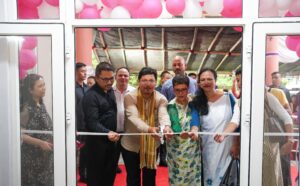
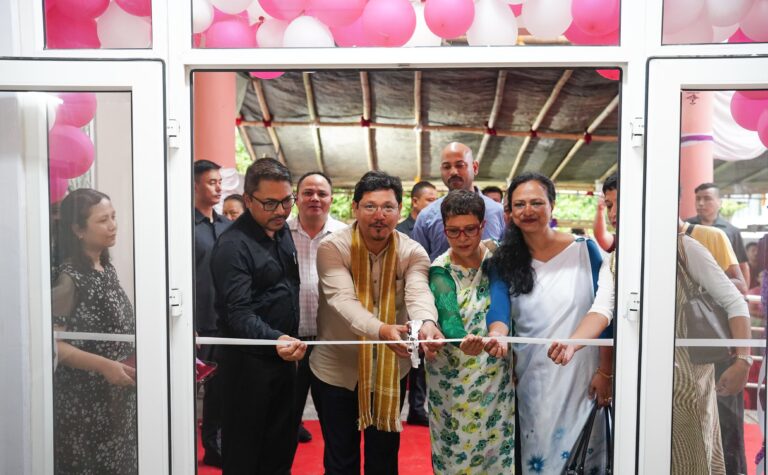
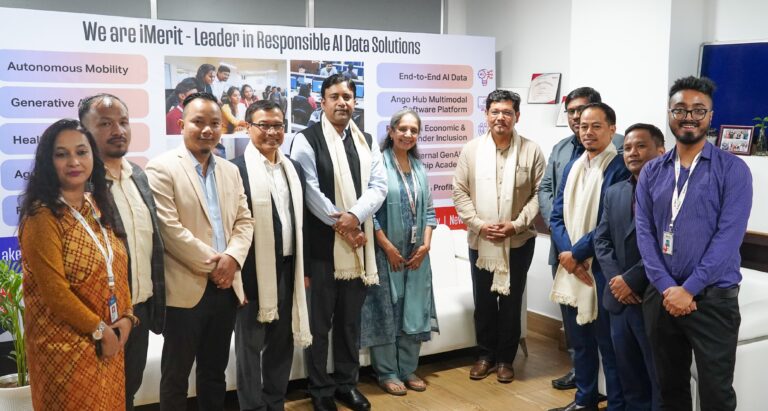
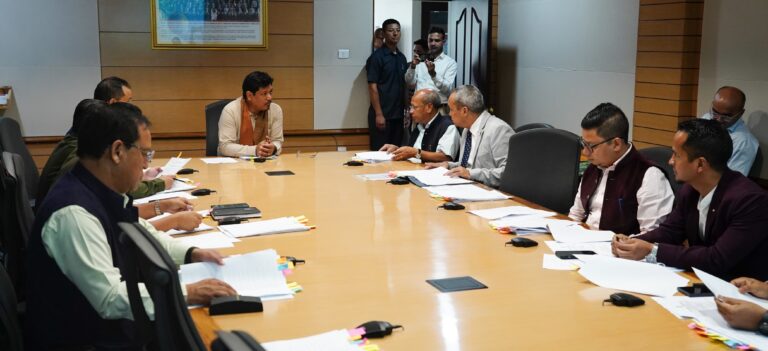

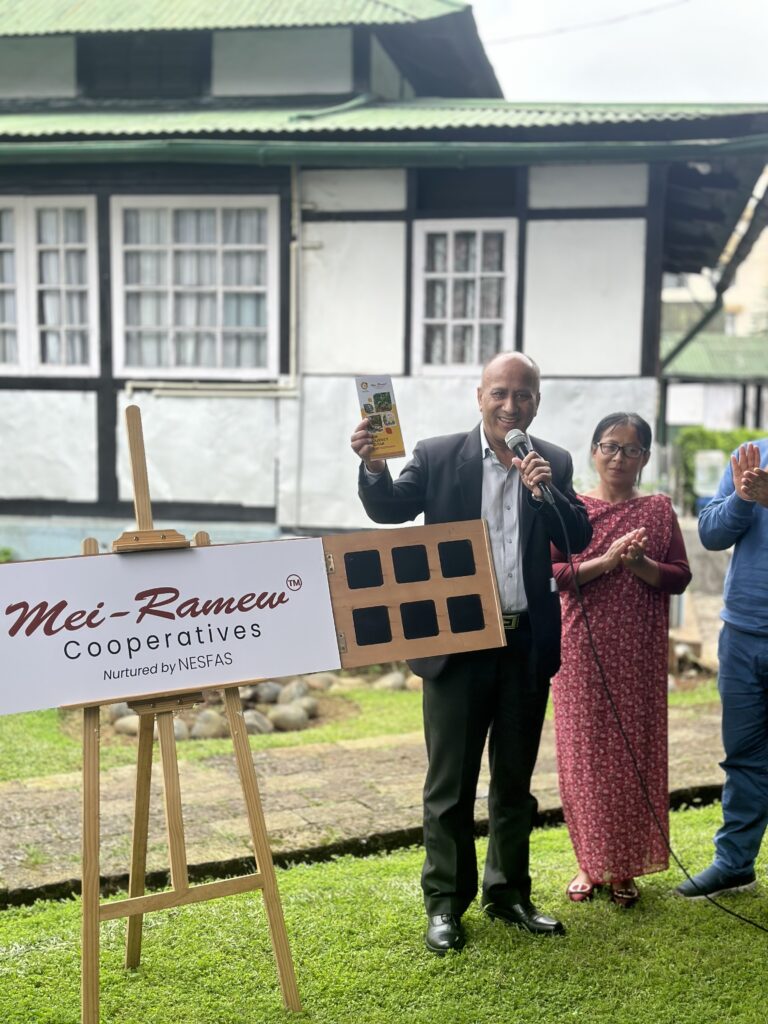
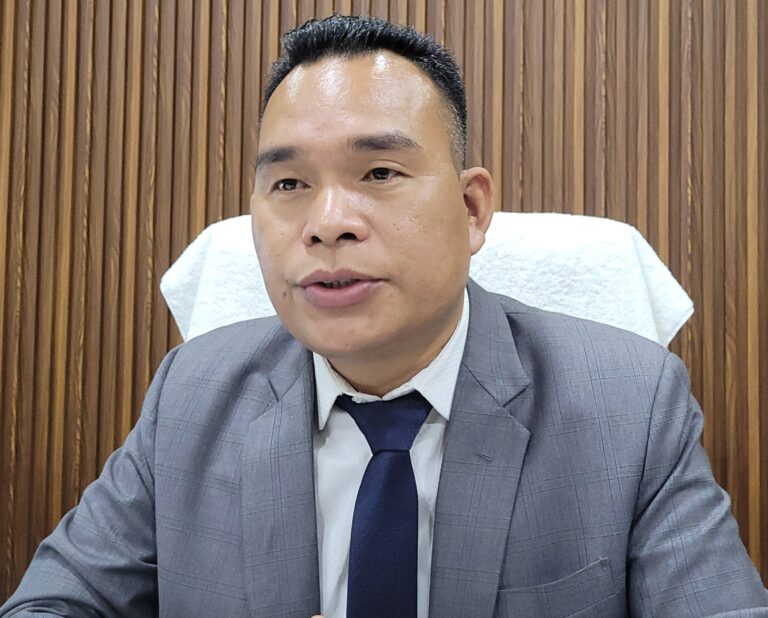
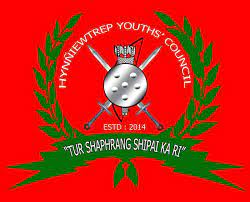


+ There are no comments
Add yours